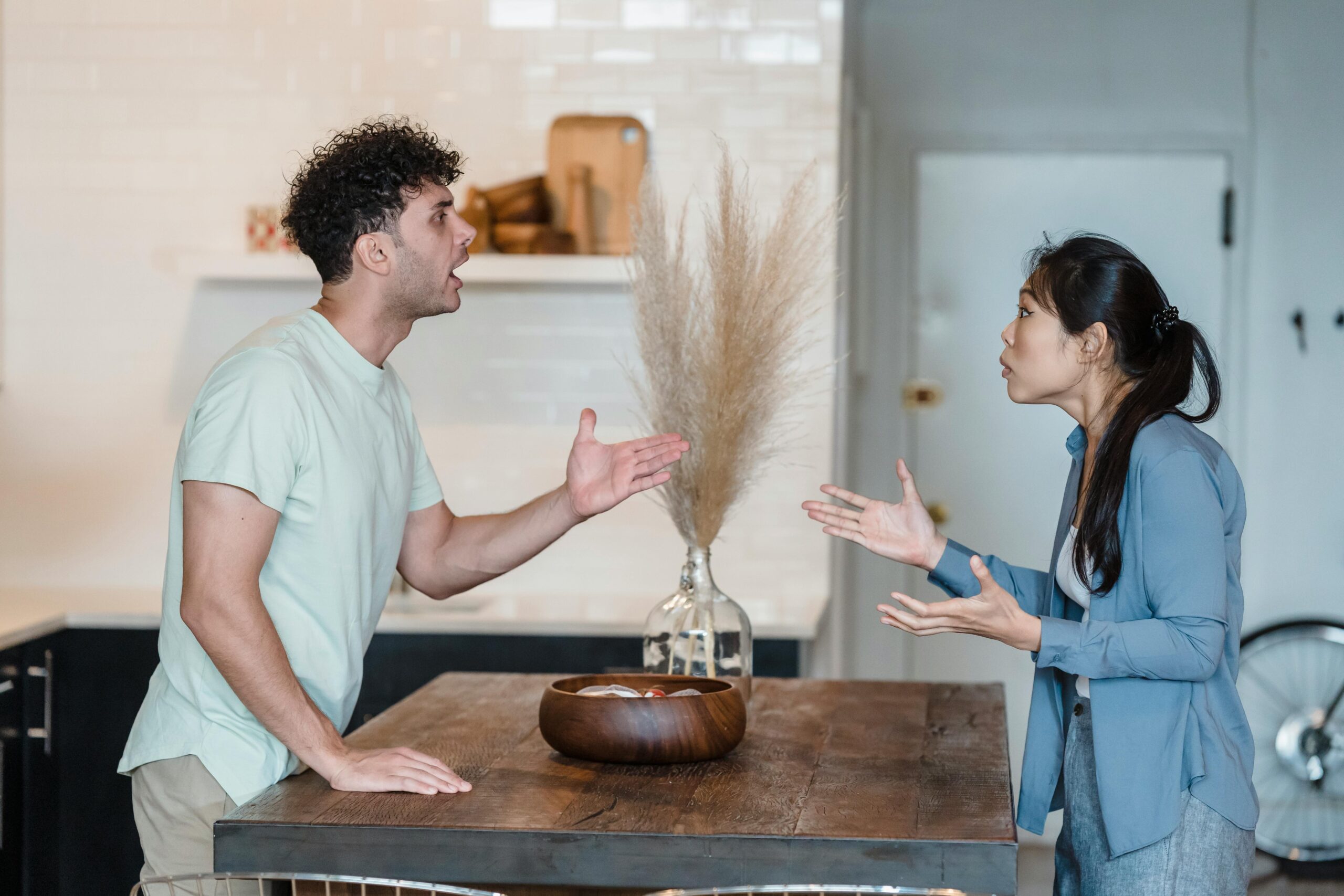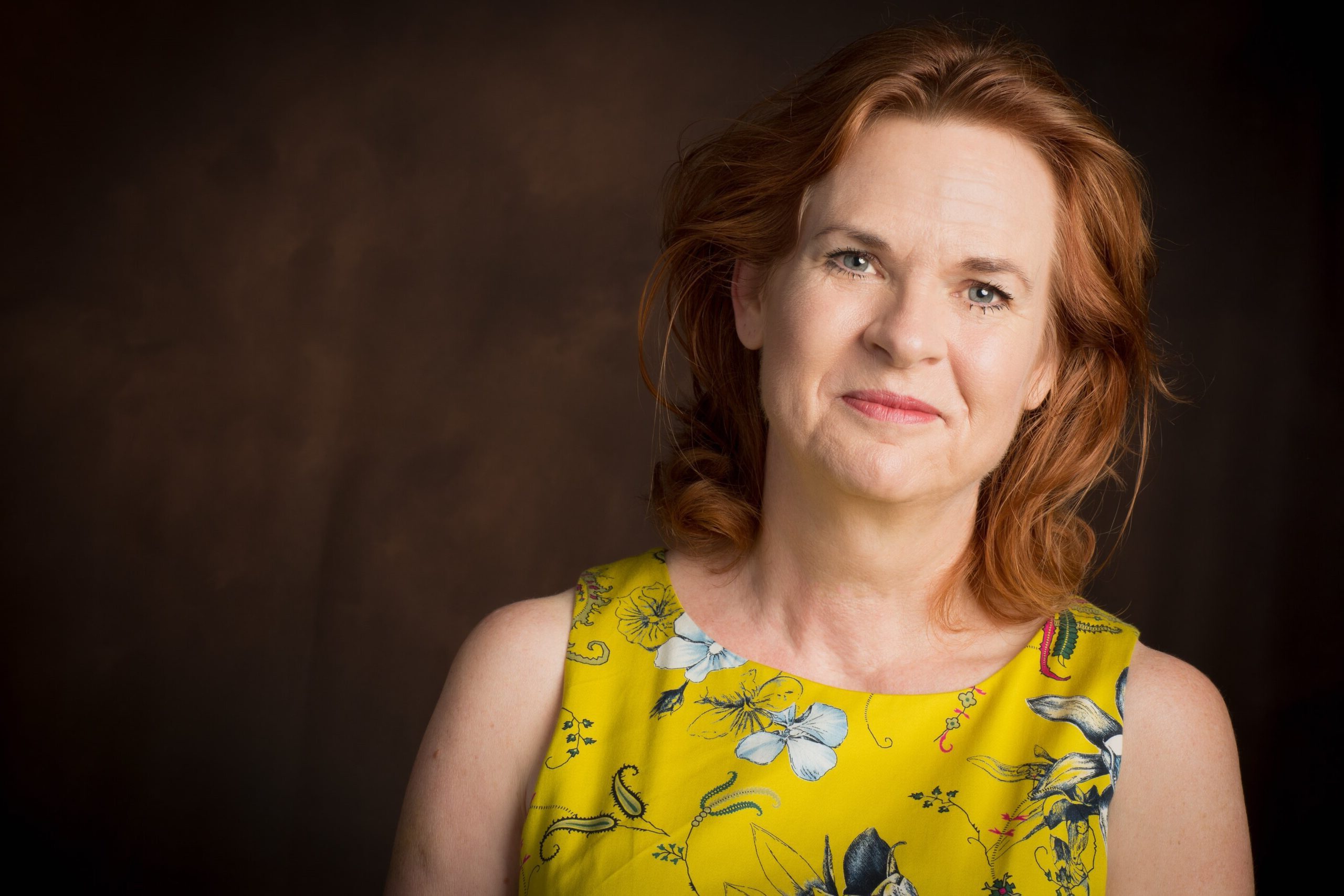In 2022, as the pandemic enters its third year, our social relationship responsibilities have become increasingly important. Our abilities to manage conflicts in all sorts of environments have been tested.
I created the Conflict Confidence© Model as a simple 6-step program to develop effective conflict and dispute resolution skills, recognising that we humans sometimes learn wisdom through a fair bit of stupidity. We all have a set of irrational assumptions about how we see conflicts play out, based on the stories we tell ourselves. We often learnt these assumptions and created these stories during our childhood, which means there are also likely to be immature emotions and needs underlying these stories.
Thinking over your difficult relationships and conflict situations from last year, you can use this checklist to reflect more wisely on how you could create more peace in every conversation this year.
CHECK YOUR CONFLICT ASSUMPTIONS
1. Everyone is the ‘centre’ of their own conflict ‘story’. You will have a preferred role in this story – victim, rescuer or punisher. This will be inaccurate and irrational.
2. There is no one ‘real’ story, although you may feel you keep repeating yours. There is your ‘story’ and the other person’s ‘story’. These are just different perspectives, not realities.
3. Events didn’t happen for the other person the way you recall it. For the other person, you are probably the perpetrator, not the victim. She or he feels innocent and offended.
4. You and the other person have probably both contributed to the problem. They may not realise this, and you may never know just what you did. Theories (often called ‘stories’) are best considered from the other person’s perspective. This is called empathy.
5. The other person possibly behaved badly, said or did dreadful or disappointing things. You may possibly have behaved badly, said or did dreadful or disappointing things. You may have both unintentionally caused pain or made mistakes.
6. You both may have felt and behaved defensively at some point. This never seen accurately by the other person and will always be interpreted as angry or aggressive. It is more useful to make repairs for your own actions than focus on what the other person should have done differently.
7. When considering the negative qualities and errors made by the other person, try to see this quality and error in yourself. When considering your positive qualities and good intentions, try to see this in the other person.
8. You will gain most influence to resolve this conflict if you listen first, use the others person’s words, and demonstrate you understand their point of view, before putting your ‘story’ forward.
9. It is wisest to focus on what your own insights and what you need to learn in this situation, than to offer advice, opinion and complaints.
Reflecting on building your relationship skills is something that many more people need to do, so that we can each contribute to flourishing and diverse social environments at work, home and in our communities.


